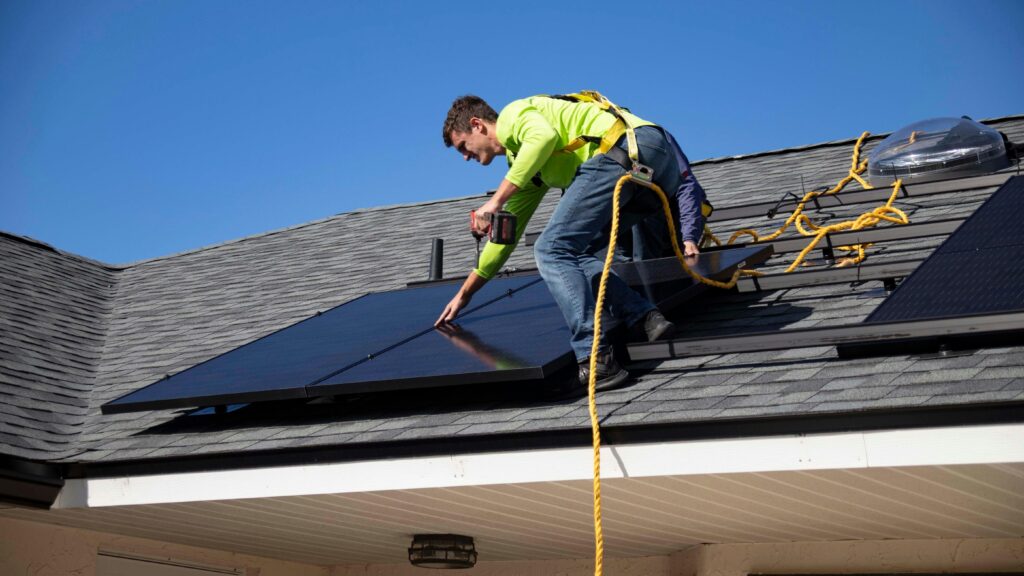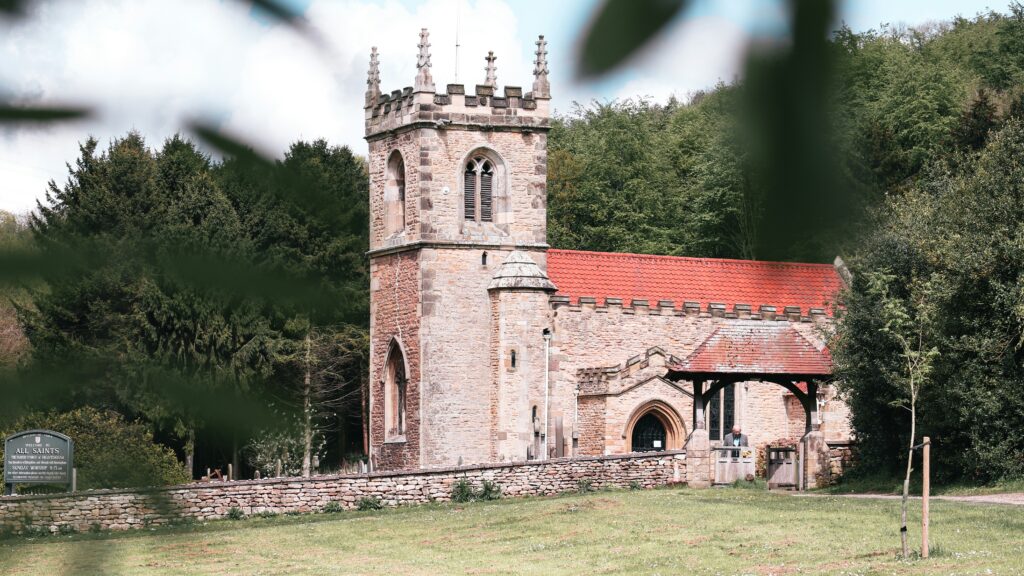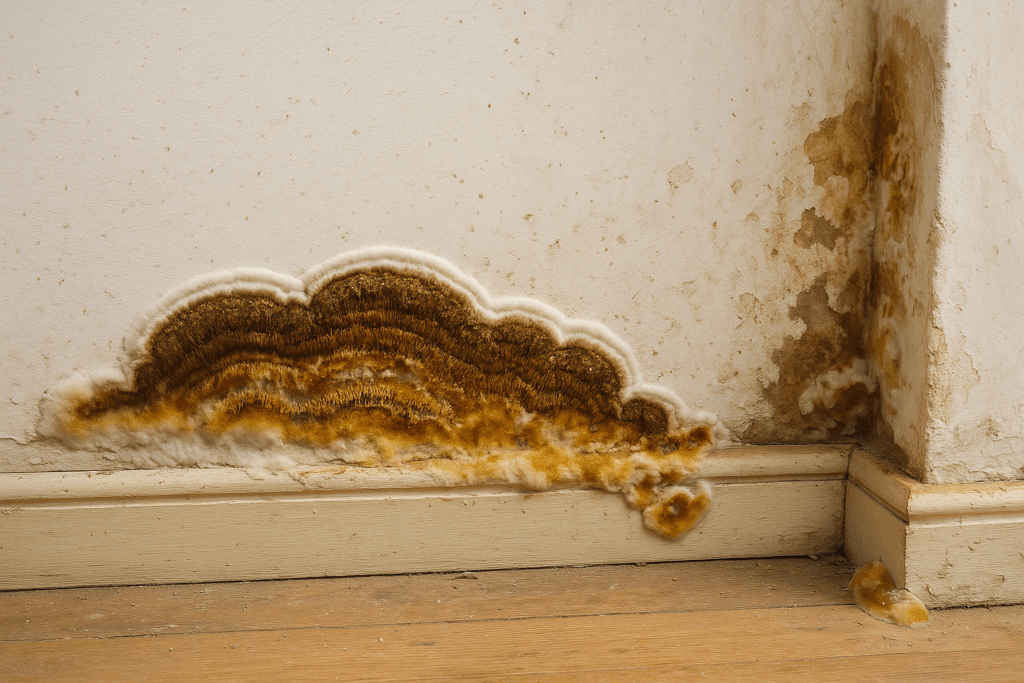
Is My Ground Floor Flat Responsible for the Roof?
A leaking or damaged roof is a frustrating situation to deal with in any property. Not only can it cause substantial issues to the building and its contents, but it can also be extremely costly to repair. In flats, there can often be some uncertainty over who is responsible for the roof. If you live on the ground floor, the roof certainly doesn’t affect you in the same way it affects the occupants of the top floor. So, should you share the bill for any repairs? In many cases, no. The owners or tenants of ground-floor flats are not responsible for the roof, but neither are those living on the top floor. It instead falls under the remit of the freeholder.
Is the freeholder responsible for looking after the roof of my flat?
Yes. If the roof of the flats requires any form of repair, the freeholder is liable to cover the cost of repairs. However, as the Leasehold Advisory Service tells us, each leaseholder must contribute towards roof repairs if there is a specific term in the lease that stipulates it.
No term – no cost, but it’s something that should be checked before buying the home. If a term within the lease states that the responsibility is shared, things can get a little more complex.
A freeholder cannot rebuild the roof simply because they’d like to; similarly, they cannot conduct repairs and pass the bill on to leaseholders. There are specific processes that must be followed which, if ignored, could make leaseholders exempt from having to make any contributions.
The process freeholders must follow
If the repairs are going to exceed £250, freeholders must consult all leaseholders in the building, giving them a 30-day period to raise any concerns relating to the work. If your lease stipulates that you will be liable for any charges, you must be provided with an estimate in writing. You then have 30 days to respond. If the charges are deemed unreasonable, leaseholders can challenge them at the first-tier tribunal. Leaseholders are also allowed, under Section 20 of the Landlord and Tenant Act 1985, to propose other contractors and provide comments about the work, such as its necessity, duration and any disruption it may cause.
If the freeholder fails to follow this process, you may be exempt from covering the costs.
Does the freeholder pay for leaking roof repairs?
Structural issues, such as leaking roofs, are normally covered by the insurance held by the freeholder, but if the lease terms state otherwise, the costs may come from the reserve fund for the building.
A reserve fund, or sinking fund, is a collection of money that leaseholders have made yearly or monthly contributions to. It’s normally used to cover the cost of extensive repairs; however, whether a sinking fund exists and how much you should contribute should be set out in your lease.
If the reserve fund can’t cover the costs, or the freeholder’s insurance cover isn’t sufficient, you might be expected to cover some of the costs. In most cases, these costs will come directly from the service charges you’ve been contributing towards.
What can you do if the freeholder fails to carry out roof repairs?
Even though you live on the ground floor, roof repairs remain an essential part of property maintenance, even if they don’t directly affect you. If the roof is leaking, structurally unsafe or has other issues that require repair, and the freeholder refuses to resolve them, you may be able to take them to court.
This could result in the freeholder being forced to complete the repairs and compensate you and the other freeholders.
If the roof is a risk to health and safety, you can often avoid court altogether and instead speak to your local council. They can have the authority to order the freeholder to repair the roof.
Can I refuse to pay service charges if the freeholder won’t fix the roof?
Unfortunately not. You are legally bound to keep paying your service charges; however, if you think the charges are unfairly allocated or misused, it is possible to raise a dispute through a tribunal. If you think the charges are too high or that freeholder obligations are being ignored, you should approach the freeholder or managing agent first to attempt to resolve any issues.
How quickly does the freeholder have to repair the roof?
There is no set timeframe for a freeholder to act when it comes to repairing a roof. However, they should act quickly, especially if there is a risk to health and safety. If works are scheduled within a timeframe that seems unreasonable, leaseholders can dispute them.
If your block of flats appears to be poorly maintained or has excessive service charges, you should consider whether it would be beneficial to sell your flat fast. By avoiding the long delays of the traditional market and the potential issues surveys bring, our route to sale pushes past the hassle, giving you a guaranteed, fast, free sale. With no fees and with a sale completed on your terms, selling a flat has never been easier or quicker. Contact our team today to find out more.


